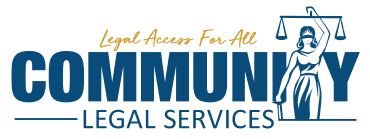Discrimination is defined as the unfair or prejudicial treatment of different kinds of people. Thinking about discrimination and your legal rights, this usually means that a person or company is treating you unfairly due to one of your personal attributes such as your gender, your age, race, your ethnicity, your nationality, your religion, or your sexual preference. Discrimination can occur when someone judges you or your job performance based on those types of personal traits.
Most of the information we have available as it applies to the law is around employment and housing situations, but you may experience discrimination in other areas of your life.
In the United States, there are a series of laws enacted over time that provide protection against different types of discrimination. This page of the Federal Trade Commission website shows those laws along with the years they were enacted, or passed, as law. Depending on the situation you were in when you experienced what you believe to be discrimination, different laws may apply to help you stand up for your personal rights.
Visit the U.S. Equal Employment Opportunity Commission page to learn more about the types of discrimination to see if you may be in one or more protected classes of people.
For employment issues that are related to COVID-19, the U.S. Equal Employment Opportunity Commission (EEOC) has compiled a webpage full of advice and guidance that could be helpful. The most recent update was around employment situations where a vaccine may be required. Additionally, this page of the EEOC’s website has some basic question-and-answers listed about your rights as an employer or an employee when it comes to COVID-19 problems.
Read the individual topics below for more detailed information on discrimination. If you believe you are the victim of unlawful discrimination, Contact CLSMF for legal advice.
